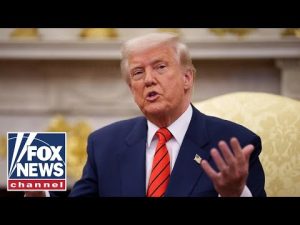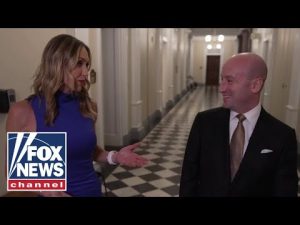Elon Musk has left the White House once again, and it’s not because he was shown the door. No, the reason is far quirkier: He’s a special government employee, a status that caps his government work to 130 days per year. Just as the clock struck this limit, Musk’s stint at the White House concluded. The media, however, might not be rolling out the welcome mat as eagerly, especially considering the mixed reactions following his advisory role.
While Trump showered Musk with praise and accolades, the dynamics of Musk’s influence are what captured attention. Was he really out of the political scene, or just temporarily stepping back? The White House has acknowledged the significant role Musk played, especially in efforts like the DOGE initiative aimed at cutting government expenses.
Before addressing the report’s allegations, it’s essential to recognize Musk’s contributions, which were heavily scrutinized. DOGE’s government-slashing efforts reportedly saved roughly $170 billion in spending, though it faced criticism over several errors and miscalculations. Despite this, analysts estimate substantial costs associated with the initiative.
The echoes of Musk’s limited tenure have lingered, setting off ripples through the media landscape. With his sharp critiques and unapologetic style, Musk once again proved that when it comes to dealing with challenges, fresh perspectives can drive change. And while he may be off to the next frontier, the message left behind for the press and political elite is clear: Assumptions should always be questioned.







